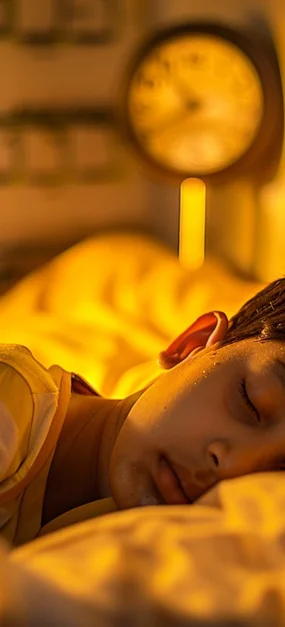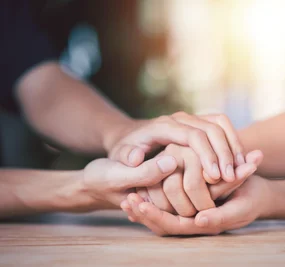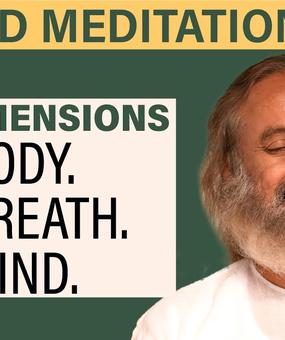Introduction
In today’s fast-paced world, where technology dominates our lives, the impact of social connections on mental health, particularly depression, has become a topic of significant concern. Depression is a serious mental health condition that affects millions of people worldwide. Understanding the role of social connections in managing and preventing depression is crucial for promoting overall well-being. This article delves into the profound impact of social connections on depression, exploring various aspects and shedding light on the ways in which positive social relationships can alleviate depressive symptoms.
The Importance of Social Connections
Social connections encompass the relationships and interactions we have with others, including family, friends, colleagues, and community members. These connections play a vital role in shaping our emotional and psychological well-being. Humans are social creatures by nature, and we thrive on social interactions and support from others. When it comes to depression, the presence of strong social connections can make a significant difference in an individual’s life.
How Social Connections Influence Depression
Social Support: A Key Factor in Depression Management
Social support serves as a protective factor against depression. When individuals feel a sense of belonging, care, and understanding from their social network, it can help buffer the negative effects of stress and adversity. Having people who listen, provide emotional support, and offer practical assistance can alleviate depressive symptoms and contribute to an individual’s overall mental health.
Loneliness and Isolation: Precursors to Depression
- On the flip side, a lack of social connections can lead to feelings of loneliness and isolation, which are often associated with an increased risk of depression. The absence of meaningful social interactions can contribute to a sense of emptiness and hopelessness, exacerbating depressive symptoms. Therefore, fostering social connections and combatting loneliness are crucial in preventing and managing depression.
Social Comparison and Self-Worth
- Social connections also play a role in how individuals perceive themselves and their self-worth. In today’s digital age, where social media platforms thrive, the constant exposure to others’ highlight reels can lead to negative social comparison. Comparing oneself unfavorably to others can erode self-esteem and contribute to depressive thoughts and feelings. Building authentic, supportive relationships in the real world can counterbalance these negative effects and promote a healthier self-perception.
Coping Mechanisms and Emotional Regulation
- Social connections provide opportunities for individuals to share their thoughts and emotions, which can facilitate effective coping mechanisms and emotional regulation. Engaging in meaningful conversations and receiving empathetic responses from others can validate one’s experiences, reduce feelings of loneliness, and enhance overall well-being. When faced with challenging situations or depressive episodes, having a strong support system can offer valuable guidance and comfort.
FAQs
Conclusion
The impact of social connections on depression cannot be overstated. Nurturing strong social relationships, both online and offline, is essential for maintaining good mental health and preventing the onset of depressive symptoms. By understanding the importance of social connections, fostering supportive networks, and engaging in meaningful interactions, individuals can effectively navigate the challenges of depression and experience improved overall well-being.





















